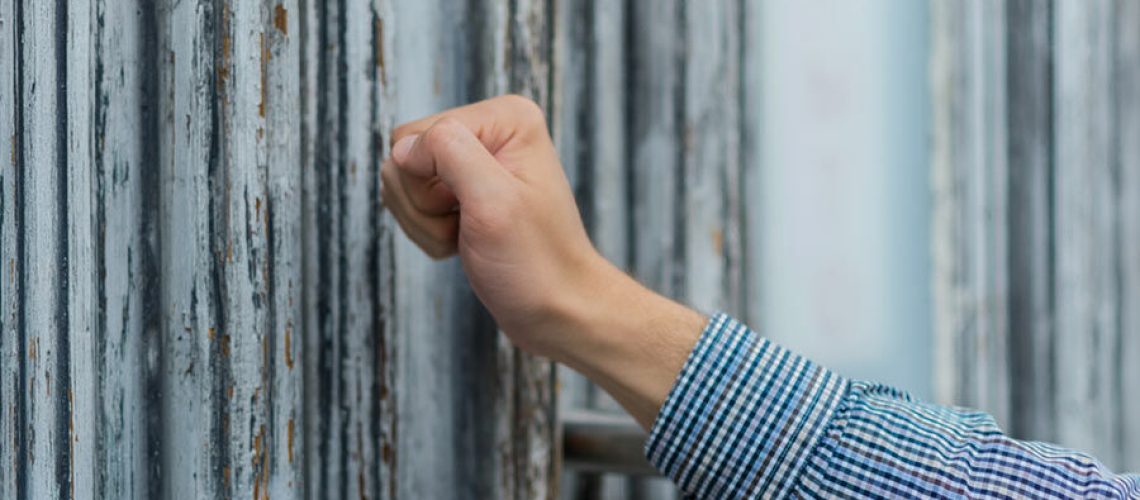A credit card can be of so much significance in your life and can also be part of what brings you misery in life. The choice is yours. If you happen to make use of your credit cards wisely, then you will be happy to use them.
However, most people tend to see credit cards as one of the free money source tools. With this mindset, we see a lot of people defaulting on their credit card payments. This leads to a stressful and somewhat exhausting road ahead.
What is defaulting on a credit card?
Credit card defaulting means failing to pay your payments in due time or within the given payment period. A default is more severe than a late payment. So what characterises a default?
A default can be placed on your credit file if you have missed a payment that is over $150 and has not been paid for over 60 days. Credit providers can report your information to a credit bureau such as Equifax. It is important to note that credit providers must follow the necessary reporting procedures. Once a default is listed on your credit file, It can stay on your file for 5 years. At the same time, a credit default can have serious implications on your ability to borrow money in the future.
Suppose you eventually default on your credit card; several things may happen.
-
Your credit limit decreases
With a default credit card, creditors will be likely to see you as a risky borrower. As such, they may limit the amount of credit you can access or increase the interest rates for the loan. Creditors will decrease your credit limit to lessen the risk of losing their money to you. A reduced credit limit, in turn, causes additional consequences like; lowering your credit score and increasing your credit utilization rate.
-
Credit score suffers
If you fail to pay your loans, this can potentially impact your credit history.
Your credit history is what makes part of your credit report and credit score.
If you continue to miss payments and have ignored the letter of demand, you can be reported to a credit bureau. Credit reporting companies such as Equifax may place a default or a black mark on your credit file. This will come with a reduced credit score, which in turn can affect your chances of securing a loan in the future. Whilst you can still apply for a loan with some alternative lenders, traditional banks will be more likely to reject your credit score.
If you already have a default, your best option is to get this removed ASAP. Clean Credit can assess your credit file and determine whether there are grounds for the removal of such defaults. If there are grounds, we can challenge the bureaus to help improve the score. Find out more about how it works.
-
Accounts may go to debt collection agencies.
You should never default on your credit card no matter the circumstances. Try your best to make your payments because debt collection agencies are no easy to trick. Debt collectors may take some of your belongings and hold them until you repay them. They may take anything worth the value of your debt but trusts me; you don’t want to find yourself in such a situation.
-
Your debt grows
Late payments will, of course, lead to an increase in your debt. If you fail to make your payments, your debt will increase, and the interest may rise as well.
Most creditors may massively jack up your interest rate. When your interests accumulate plus your principle loan, it might be hard for you to pay -the debt will grow, and get out of your control.
Late payment fees may also be part of what you now owe to your creditor, hence paying your loan in time could save you so much.
-
You may have to declare bankruptcy
Depending on how far your debt has gone, you may receive a court order for bankruptcy since it will make your loan discharged, or the lender could create better payment terms for you.
However, filing bankruptcy never comes without consequences as the bankruptcy report will appear in your credit report for 7-10 years, and this could affect your credit score.
-
Legal action against you can be taken
You may think that by ignoring your creditors call about unpaid debts will make the calls stop. You might be right. However, what you don’t know is that calls may end, but creditors might instead have to knock on your door. When they come knocking, be sure to get a lawsuit notice.
Yes, having unsettled debts might make your creditor sue you in a court of law. Creditors don’t have the legal right to take money from your bank account, so this is the only option that might have.
The court’s judgment could rule in favor of the creditor where you will have no choice to take but to do what the court requires. The court could give the creditors the go-ahead to collect your property or collect money out of your bank account. You may never like the outcome of being sued; hence, paying your debt would be a better idea.
Take away
You don’t always have to take loans that may become hard for you to settle. However, if circumstances force you to, you need to take care of your payments as this will help much in your credit history. You don’t always have to put your life at risk; you need to pay what you owe to your lender.

